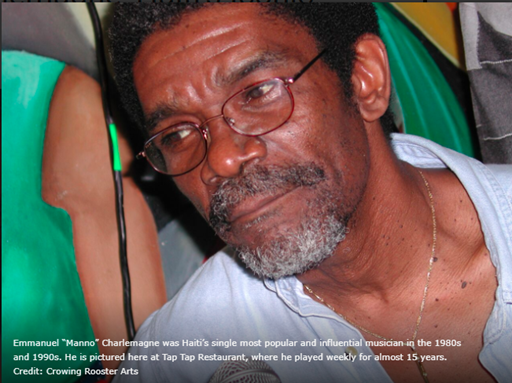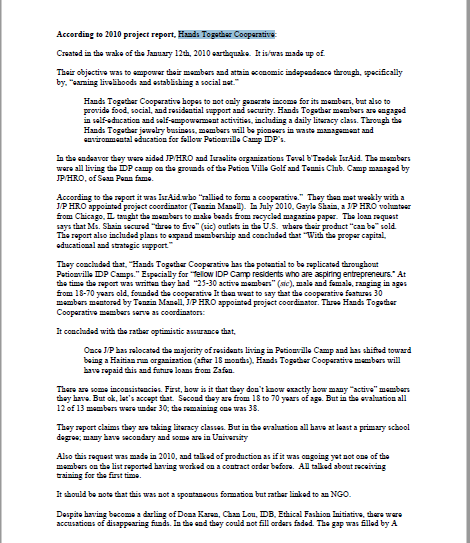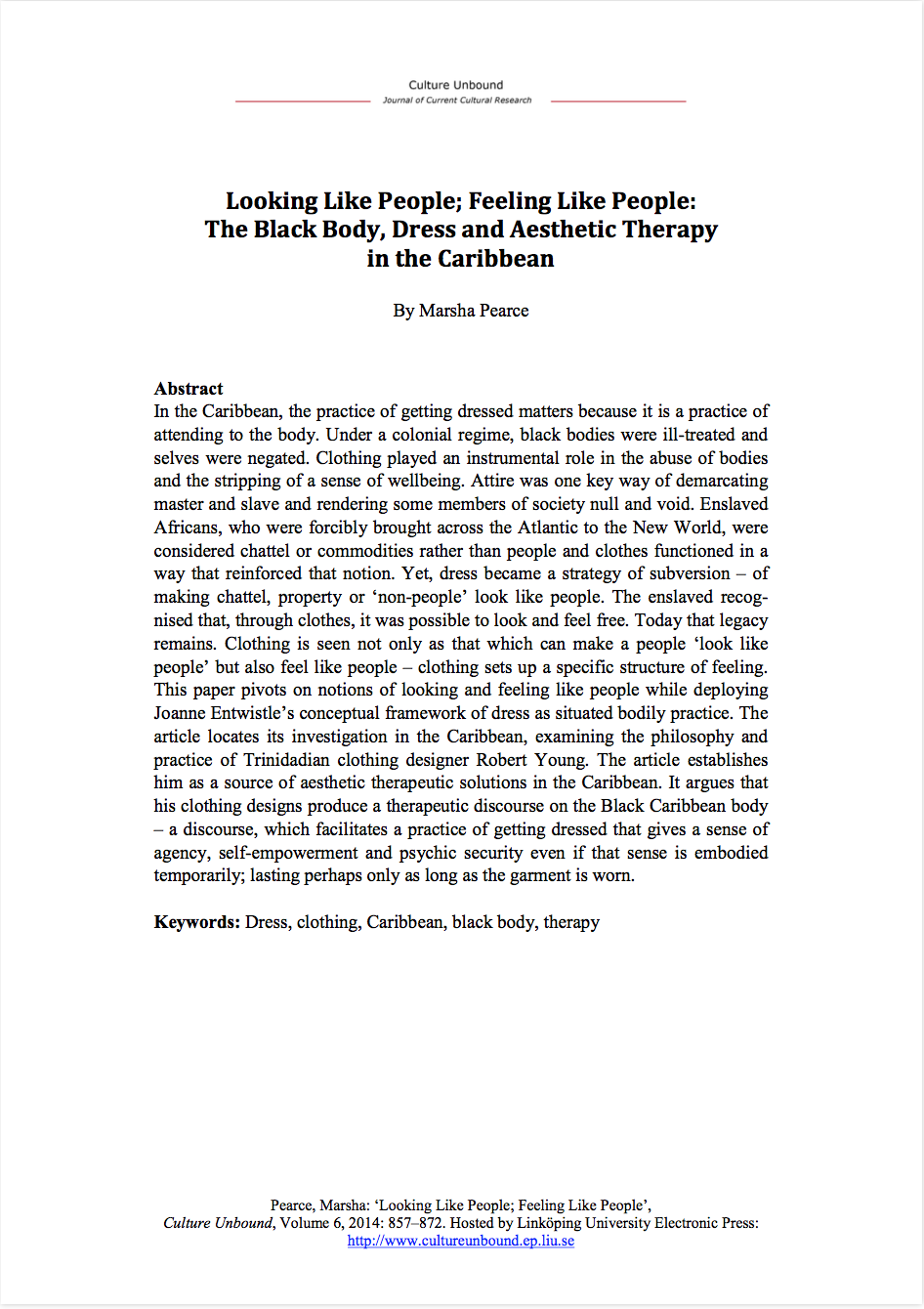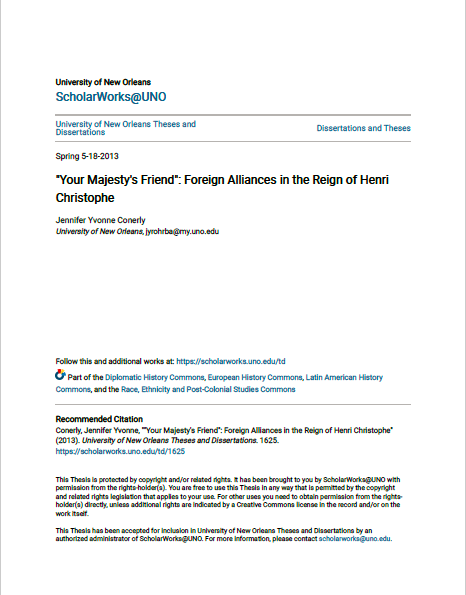Hands Together Cooperative Art Project Evaluation
According to 2010 project report, Hands Together Cooperative: Created in the wake of the January 12th, 2010 earthquake. It is/was made up of. Their objective was to empower their members…
Why the cocks trade: what a transnational art market can reveal about cross-border relations
In the streets of Santo Domingo, Haitian and Dominican paintings are sold side-by-side, usually by Haitian dealers attracted to their neighbour’s much larger tourist market. They are easy to tell apart, for the Haitian paintings generally conform to the naïf style, whereas the Dominican paintings feature rural scenes or Taïno designs. The cultural differences in the designs of the paintings, and their appeal to foreign tourists rather than Dominicans, lend support to decades of scholarship describing Dominican–Haitian relations as being built upon nationalism and notions of racial difference, as well as the ‘exotic’ appeal that the Caribbean holds for tourists. However, this scholarship falls short of providing a holistic account of Dominican–Haitian relations because it sidelines the crucially important role of trade – historically and contemporaneously – in structuring them. In this article, I reinterpret the history and contemporary nature of art markets in Hispaniola to argue that market relations should be considered alongside symbolic representations when assessing transnational identity politics.
Looking Like People; Feeling Like People: The Black Body, Dress and Aesthetic Therapy in the Caribbean
In the Caribbean, the practice of getting dressed matters because it is a practice of attending to the body. Under a colonial regime, black bodies were ill-treated and selves were negated. Clothing played an instrumental role in the abuse of bodies and the stripping of a sense of wellbeing. Attire was one key way of demarcating master and slave and rendering some members of society null and void.
“Your Majesty’s Friend”: Foreign Alliances in the Reign of Henri Christophe (2013)
In modern historiography, Henri Christophe, king of northern Haiti from 1816-1820, is generally given a negative persona due to his controlling nature and his absolutist regime, but in his correspondence,…






